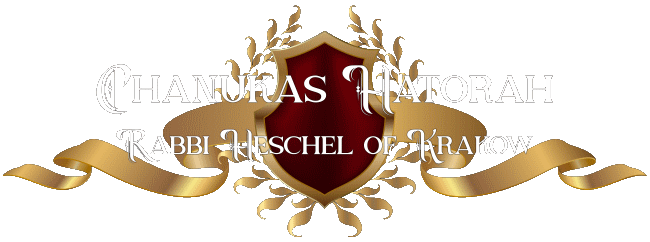

(15:1) Then Moshe and the Children of Yisrael sang this song to Hashem, and they spoke saying: I will sing to Hashem for He is exalted over the arrogant, horse and its rider He cast into the sea.
The gemora and the Midrash teach that the ministering angels wanted to sing a song, but Hashem said to them: The work of My hands drowned in the sea, and you want to sing a song! Therefore it says “they did not approach one another all that night” (Shemos 14:20).
Behold, the Egyptians drowned close to morning, as Rashi writes on the posuk in Shemos 14:24, and the ministering angels wanted to sing a song at night. So why did Hashem say to them “the work of My hands drowned in the sea”, which implies that they had already drowned? Also, why was Hashem concerned about the Egyptians – on the contrary it says “when the wicked are destroyed there is singing” (Mishlei 11:10)!
But we can explain it according to the gemora in Sanhedrin 95b which teaches that Hashem killed the army of Sancheriv by unsealing their ears so that they could hear the singing of the angels, and since they could not bear such holiness they died.
Also, the drowning of the Egyptians in the sea was a measure for measure punishment for what they did to Yisrael – they threw the babies of Yisrael into the sea, therefore they were also drowned in the sea.
According to this, when the gemora says that the ministering angels wanted to sing, we can explain that it means that they wanted to kill the Egyptians with their singing like they did with the army of Sancheriv. In response Hashem said to them “the work of My hands drowned in the sea” – the Egyptians drowned the work of My hands (Yisrael) in the sea, and if so they should be punished measure for measure and also be drowned, “and you want to sing a song” – and kill them in this manner?
(16:31) And the house of Yisrael called its name manna, and it was like coriander seed, white, and its taste was like a wafer with honey.
Behold, the gemora in Berachos 57b teaches that honey is one sixtieth of the taste of manna, but our verse seems to imply that its taste was the same honey!
But we can explain the verse according to the teaching of Chazal that the flavor of a food can be detected in a mixture even if it is only one sixtieth part of the mixture. Thus the verse means that even though the manna was much sweeter than honey, “its taste” – if one part of manna was mixed with fifty-nine parts of something else so that the mixture has only the taste of manna, even so “its taste was like a wafer with honey”, because manna is sixty times as sweet as honey.
Thus, according to this explanation, this verse is actually a proof to what the gemora in Berachos teaches!